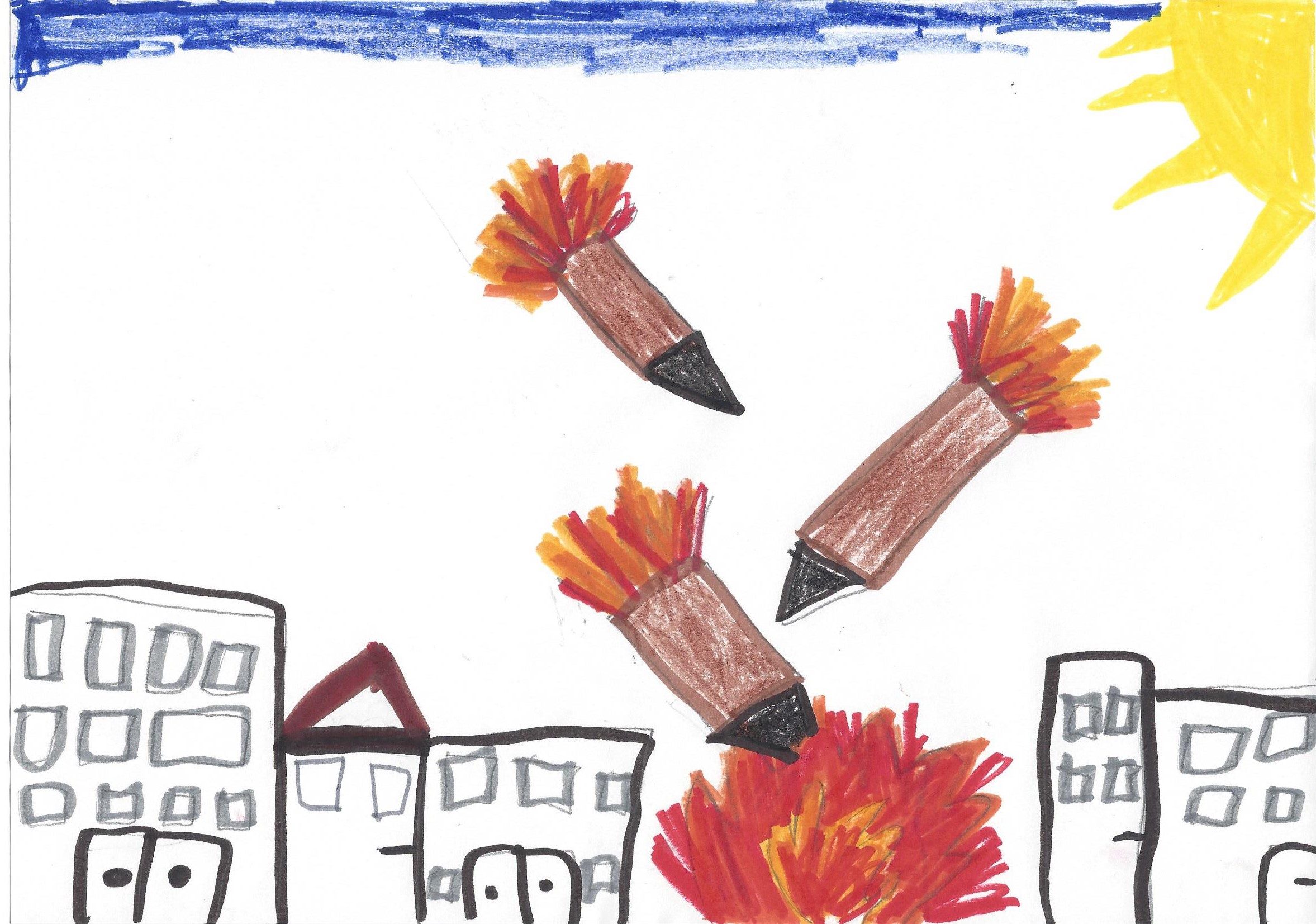How to Emotionally Support Children During Challenging Times – Speaking to your children about recent rocket attacks in Israel

How to Emotionally Support Children During Challenging Times
Speaking to your children about recent rocket attacks in Israel
Following the recent rocket attacks, many parents have asked me how best to respond to their children and help them manage their concerns and fears. Just as we have all heard the booms and seen the news reports, our children too are well aware of what is happening. As parents it is our job to support them through these difficult times. Here are some recommendations that can help.
Pick a good time to talk: Before you begin this conversation with your child, make sure you are in the right frame of mind to listen. Pay attention to your own feelings and reactions. Emotions are contagious; using strategies to self-regulate first can help us respond more effectively and compassionately. By taking a moment to calm ourselves – whether through deep breaths, stretching, or even slowly sipping a glass of water – we can model for our children how best to respond in a stressful situation. This is vital since younger children have not yet developed these coping mechanisms. In addition, choose a time that is also conductive for your child to talk. For example, make sure they have eaten, are able to focus, and avoid bringing up sensitive issues right before bed.
Be honest: It is always best if children hear about acts of terror from a family member first. Tell children in an open and honest way what is happening in Israel. Keep it brief and not overly detailed. Young children can only process small bits of information at a time so a simple explanation is optimal. Tailor your discussion to your child’s level of maturity and developmental level. As always, your choice of words is of upmost importance when communicating with young children. For young children, you can simply say “There have been some missile attacks in Israel and we might hear a siren. Do you remember what to do when you hear a siren? The siren reminds us to go to our mamad (our protected room) and helps keep us safe.”
Encourage questions, open dialogue, and expression of feelings: Children across Israel are discussing the rocket attacks and what they mean for them. As caring parents, we naturally worry and may assume that our children are frightened, angry or sad. Ask your children what they have heard in school and inquire as to what concerns them. Acknowledge, validate, and empathize with any and all feelings! Then, encourage your children to process the experience in a non-verbal way such as through art, play, or music.
Empower: Unfortunately, we cannot foresee whether a rocket attack will affect our area or other parts of Israel. But we can help children feel safer by discussing a plan of what to do if the siren sounds. Having a plan often helps children feel more in control and thus more secure. Give them ideas on how to channel their feelings into action. For example, together with your child, write a letter or draw a picture for the families living in the south or assemble a care package for the soldiers.
Reopen the discussion: After a period of time (it can be a day, a week) revisit this discussion with your child. Ask them how they feel about it. Encourage them to ask any questions. Let them know that it is ok to discuss frightening events and that you’re there to listen. The more we as parents encourage discussion and sharing of feelings, the more comfortable our children will be to come to us in the future.
Praying for quiet days ahead and for the safety of all throughout Israel.
***
Sara Feinberg MA, LCAT, ATR-BC, is a licensed and board-certified art therapist with a Master’s degree in Art Therapy from New York University. She maintains a private practice in Ramat Bet Shemesh and also provides remote supervision for art therapists working towards their ATR certification.
Sara has over sixteen years of clinical experience working with children, adolescents, and families. Her specialties include helping children and families cope with medical procedures and serious illnesses, bereavement counseling, anxiety, selective mutism, and aliyah adjustment.



